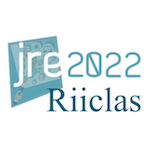
Keynote speakersKeynote speakers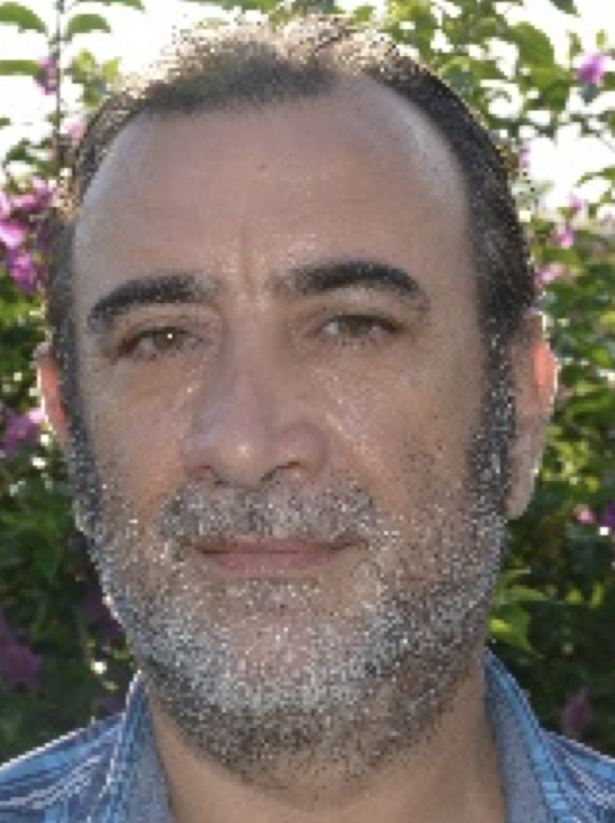 Jean-Jacques SALONEAlthough the contextualization of teaching in Francophone territories has been a major educational issue for several decades, many questions are still being studied in the framework of research/action in educational sciences: What does the very notion of context cover? What are the benefits of contextualizing teaching? How are teachers trained in culturally inclusive practices? In our conference, we will first present the research axes that we have chosen for our RIICLAS network, thus identifying some invariants related to the specificities and needs of our territories and which will constitute an argument in favor of a strong consideration of local contexts. A systemic model will then allow us to better define what could be, for a given didactic institution, a relevant conceptualization of the notions of context and contextualization. Finally, we will conclude with the presentation of a pre-service teacher training device that we have been experimenting with in Mayotte since 2017 and whose positive effects are impacting the local society as a whole. 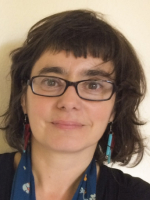 Edwige CHIROUTERThe child, philosophy and literature The practice of philosophy with children has been developing for more than forty years throughout the world. In line with the work of J. Dewey, pragmatism and the defence of problem-based pedagogy and enquiry, it develops thinking skills and human qualities that are at the very heart of the school project: the development of critical thinking, education for citizenship, but also an ethic of the relationship to oneself and to others. The Philosophical Research Community would thus also provide a model of what the school could be in everyday life: an “oasis” (H. Arendt) where intellectual demands, doubt, acceptance of vulnerability, and a relational ethic are forged through the action of thinking together. The conference will question the political stakes of this practice at school and will propose a particular device based on the mediation of literature. For literature and philosophy have the same function: to say and think about the world to enable us to give meaning to the human condition. Fiction – this immense “laboratory of the imaginary” (P. Ricoeur) - allows us to experience a multiplicity of experiences and possible worlds, offers us dilemmas, makes us live by proxy and awakens our affects, while placing them at a good distance through the characters. We will present the results of a research conducted within the framework of the UNESCO Chair on Philosophy with Children that tests this deep link between children, literature and philosophy. Isabelle Nocus,Bilingualism and biliteracy of children in different multilingual contexts Many parents and professionals (teachers, psychologists or speech therapists) think that learning to speak, read and write in two languages can lead to academic deficits due to cognitive overload and the risk of confusion linked to the handling of two codes. Thus, some bilinguals abandon or are tempted to abandon one of the two languages, often the first language, in exchanges with their children, in favor of the school language. However, all recent scientific data tends to show that bilingualism is more of an advantage than a handicap. However, these positive results most often concern English-speaking contexts and cannot be directly transposed to a French-speaking context. Based on the results of our work carried out in Oceania (New Caledonia, French Polynesia) and in other territories (Guyana, Haiti, Benin, Burundi, Burkina Faso, Cameroon, Mali, Niger, DR Congo and Senegal), this communication will deal with bilingual development and the impact of educational systems that value the languages of origin. We will focus on the oral language of the bilingual, biliteracy and a central notion that justifies the interest of using several languages: the effects of interlanguage transfers. In addition, the place of family linguistic practices and the linguistic attitudes of children towards languages will also be questioned. Finally, the last part will present some avenues of research for the future in two areas that have not yet been explored and which are part of the challenges for education and training in the 21st century: subjective well-being, on the one hand, and creativity, on the other. These issues are due to the evolution of the objectives of education systems, long focused on student performance, which have gradually taken into account broader objectives in order to take into account the economic, technological and social developments of recent decades, both in terms of of necessary skills than the aspirations of people and their well-being.  Loïc PulidoUniversité du Québec à Chicoutimi Research on practices to support the educational success of First Nations children in Quebec
Quebec is home to 11 Aboriginal nations, which were the first to occupy the territory and to come into contact with Europeans during the colonisation of Canada. Today, the educational success of the children of the First Nations of Quebec, understood in the sense of a success that allows the development of the full potential of each individual, gives rise to numerous research studies. The conference will first aim to draw up a portrait of the educational pathways, and in particular the schooling pathways of Quebec's First Nations children. This will allow us to understand what research problems may emerge when we are interested in their educational success. Secondly, some research on practices that can support educational success will be presented. These will include questions such as: What practices can valorize First Nations culture and languages? How can the indigenous tradition be taken into account in the educational process?  Alain MougniottePenser la philosophie de l'éducation. Pourquoi ? Pour qui ?
"The philosophy of education has a decisive role. It allows us to debate the meaning, values and ideals of education and training. Its four essential functions are :
[Source: 4th cover of Guy Avanzini and Alain Mougniotte's book]
 Pierre-Eric FageolContextualizing and/or adapting one's teaching in the overseas territories: legacies and semantic evolutions Teaching, especially when teaching in an overseas context, requires the implementation of contextualized teaching. In the various territories that make up the French overseas territories, the major challenge is to adapt teaching by taking into account "local specificities" and the expectations of the populations in these territories. The very term "adaptation", already used in colonial times and taken up again in the current program adaptations, is polysemous. Contextualization has often been reduced to an adaptation of teaching content. If there is indeed an art of adaptation, it is most often a weak contextualization that does not really take into account the point of view of the actors nor the methods to achieve it. Through a contrastive approach since the 1930s, the aim is to clarify the forms of curricular contextualization and to grasp the implicit conceptions that come into play in the teaching of history-geography in an overseas context. Beyond purely lexical considerations (adapting or contextualizing?), a contrastive approach over time implies taking into account historical processes that contribute to adjusting the meaning of words in complex social practices through which meaning is produced. The notions of context and adaptation differ in colonial and postcolonial situations. This is the interest of the heuristic scope of history in that it allows us to make sense of the differences and gaps with the present.
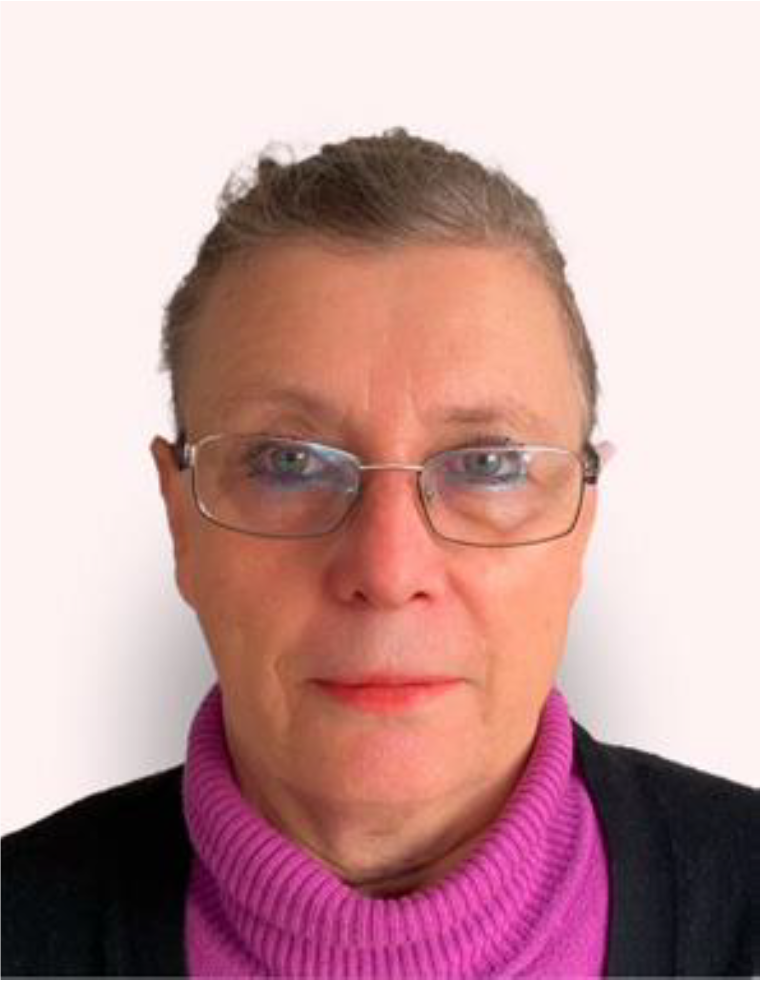 Marie-France CarnusNo Knowledge without Subject in didactic institutions. The perspective of clinical didactics
Since its emergence in 2001, clinical didactics studies the fundamental role played by the Subject (teacher, educator, trainer, pupil, student, trainee) in didactic phenomena. What is at stake in the didactic relationship in terms of Knowledge is analyzed through the filter of a theory of the Subject (divided by his unconscious, subjugated by institutions and irreducibly singular), the case of which is examined and constructed by the researcher by means of a original methodology in three stages: the already there (déjà-là), the test (l’épreuve) and « l’après-coup ». This double focus on Knowledge and Subject characterizes the works of the EDiC and allows us to have a new glance in didactic phenomena. It opens up heuristic perspectives for the training of teaching, education and training professionals. Initially from the field of physical education in France, clinical didactic researchers today belong to several nationalities (Tunisia, Canada, Belgium) and their disciplinary entries have diversified over the past ten years (physical education, French, mathematics , health education, versatility in elementary school, hotel and catering, medico-social sciences and techniques, digital technology). Otherwise, the investigations were opened up to different didactic institutions: secondary education, primary education, the federal world, specialized education, higher education, initial and continuous professional training for teachers, academic inspection. At the crossroads of research in didactics of disciplines and a clinic of the Subject of psychoanalytical orientation, clinical didactics revisits the ternarity constitutive of didactics. By integrating the external influences - in particular institutional - and internal factors specific to the Subject, clinical didactics takes hold the enigmatic logic of the Subject to describe and understand what is taught and what is learned in didactic situation. It is based on a theory of the Subject taken in the didactics which integrates the dimension of the unconscious and mobilizes a qualitative methodological apparatus in three stages to build the case. The focus of scientific investigation in clinical didactics is the articulation between Knowledge and Subject. The purpose of this conference will be to present clinical didactics, to trace its genesis, to circumscribe its field and its scientific orientations (theoretical, conceptual and methodological), to talk about recent works and to point out the questions today debated with regard to challenges to be met in research and in training.
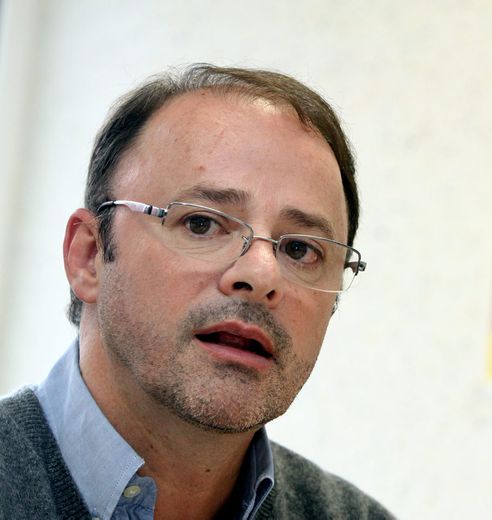 Eric MARGNESEducate to the values of citizenship
How can we come up with the training of the person and of the citizen at school and as well as at university? How can you be a citizen pupil in class? After having differentiated the idea of abstract, recognised and pluralistic citizenship, etc., we will make a brief historic account allowing us to have a better understanding of the link between citizenship and French style secularism and still between citzenship and the key democratic values in our society. Following this we will touch on the place of citizenship in our programmes and will give concrete translations of citizen behaviour in different academic disciplines, finally touching on the question of appropriate strategic educational techniques.
|
